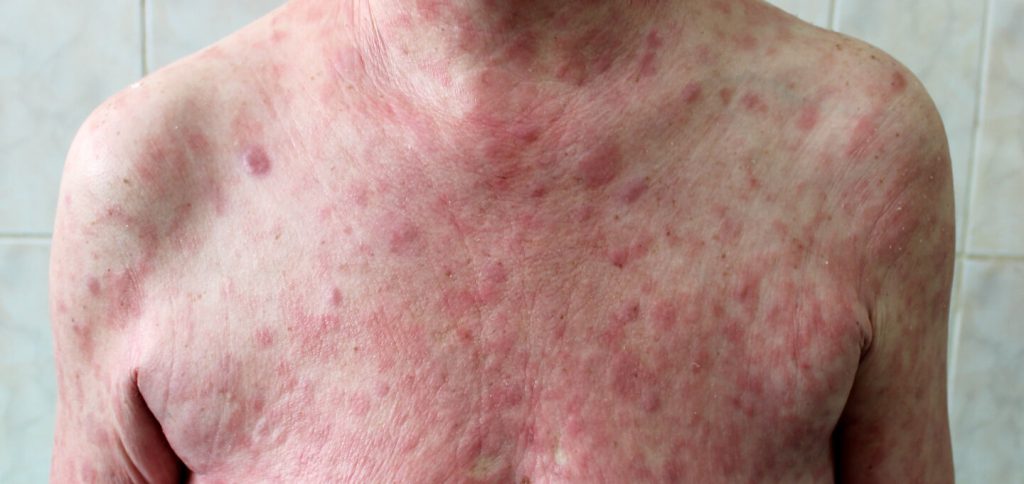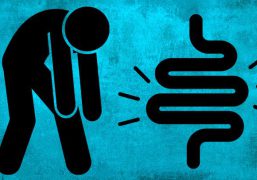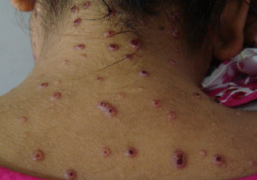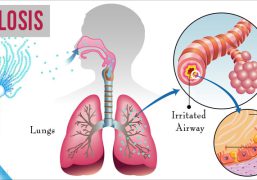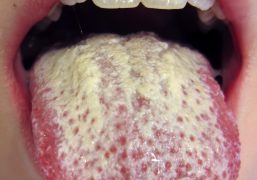Mycosis
Mycosis is a term used to describe any type of fungal infection. Fungal infections can affect different parts of the body, including the skin, nails, hair, and internal organs, and may range in severity from mild to severe or life-threatening.
There are many different types of mycosis, each with its own set of symptoms and treatment options. Some common types of mycosis include:
- Superficial mycosis: This type of mycosis affects the skin, hair, and nails, and is typically mild and easily treated with topical antifungal medications.
- Subcutaneous mycosis: This type of mycosis affects the deeper layers of skin and underlying tissues, and may require more aggressive treatment, such as surgical removal of infected tissue.
- Systemic mycosis: This type of mycosis affects the internal organs, such as the lungs or brain, and can be life-threatening if left untreated.
Treatment for mycosis depends on the type and severity of the infection, as well as the underlying health of the individual. In many cases, antifungal medications, such as creams, ointments, or oral medications, may be used to help clear the infection. More severe or systemic infections may require hospitalization and more aggressive treatment, such as intravenous antifungal medications.
Prevention of mycosis involves taking steps to avoid exposure to fungal spores, particularly in high-risk environments such as hospitals, nursing homes, or other settings where individuals may have weakened immune systems. This may include practicing good hygiene, wearing protective clothing, and avoiding damp or humid environments.

